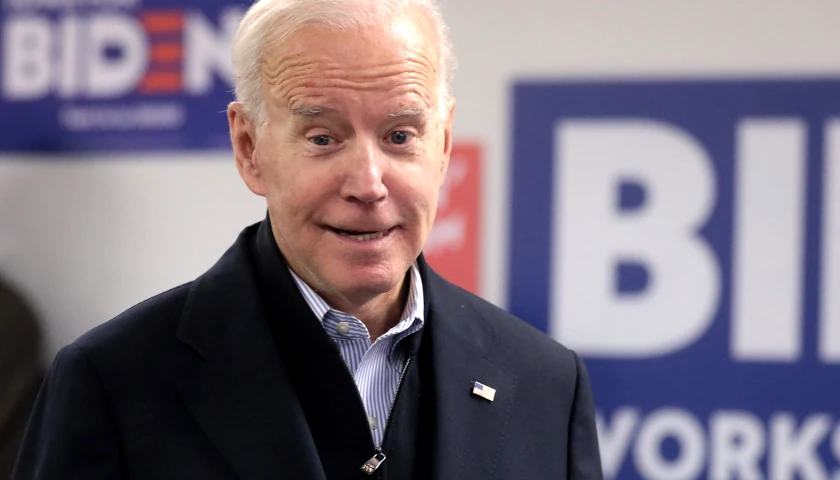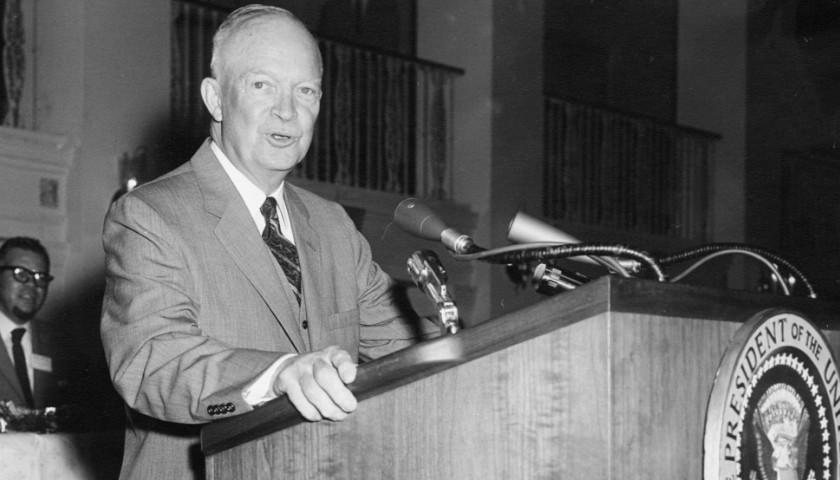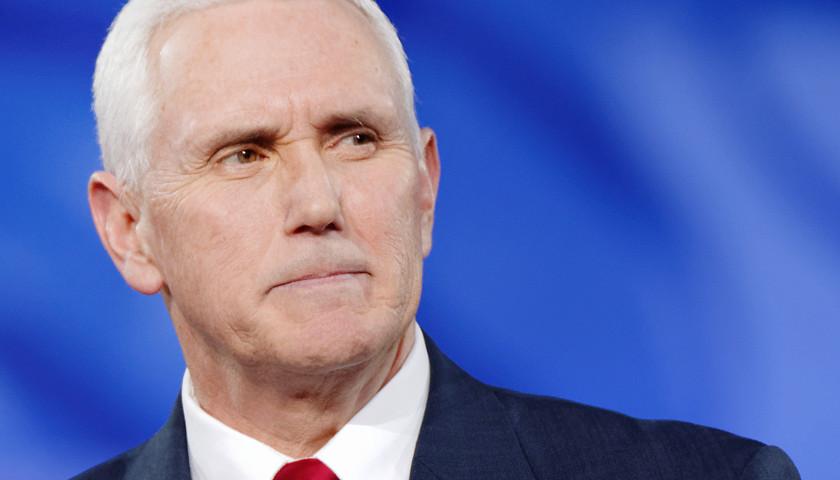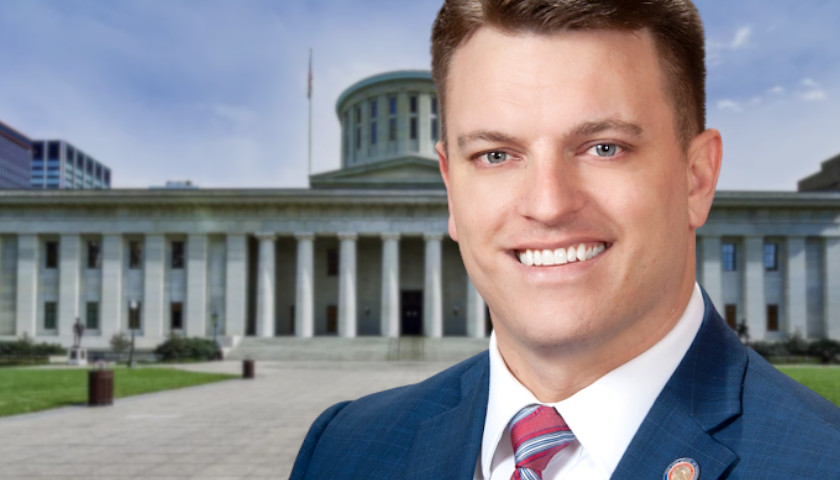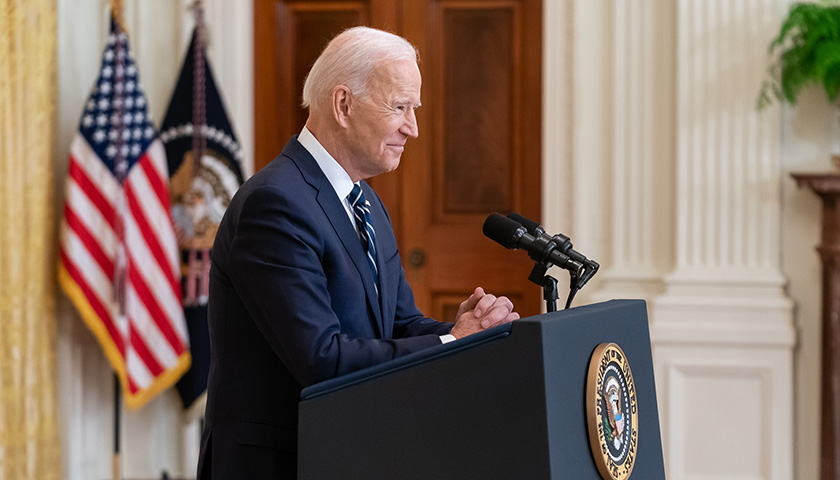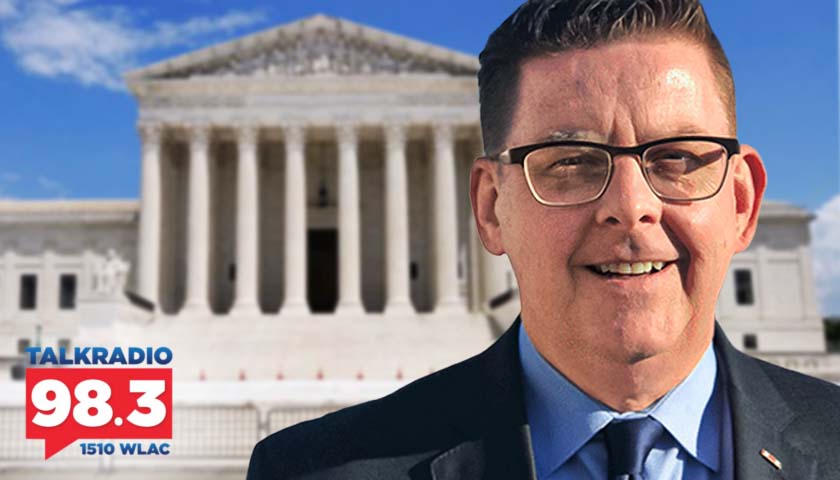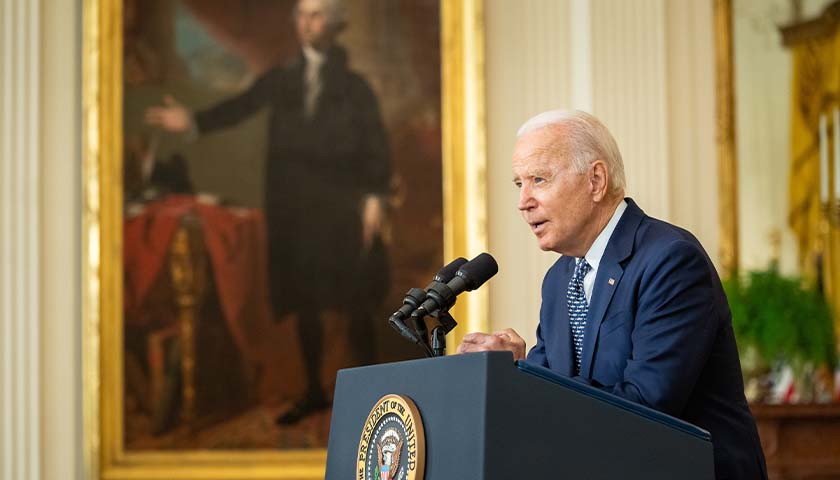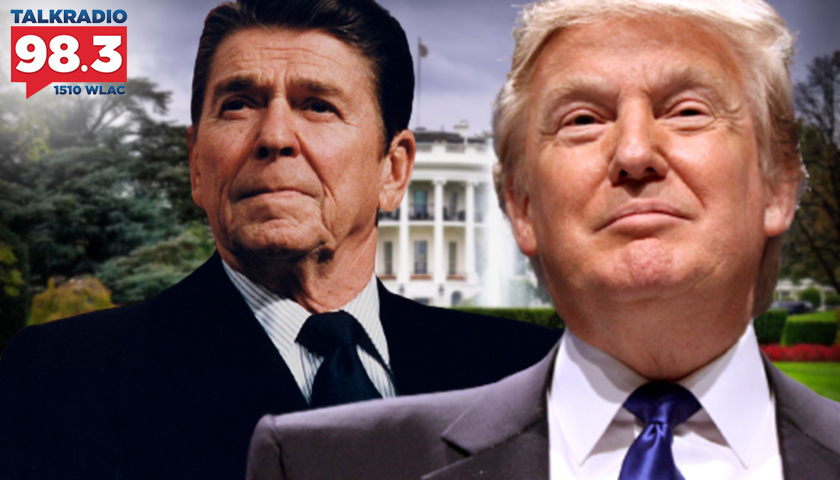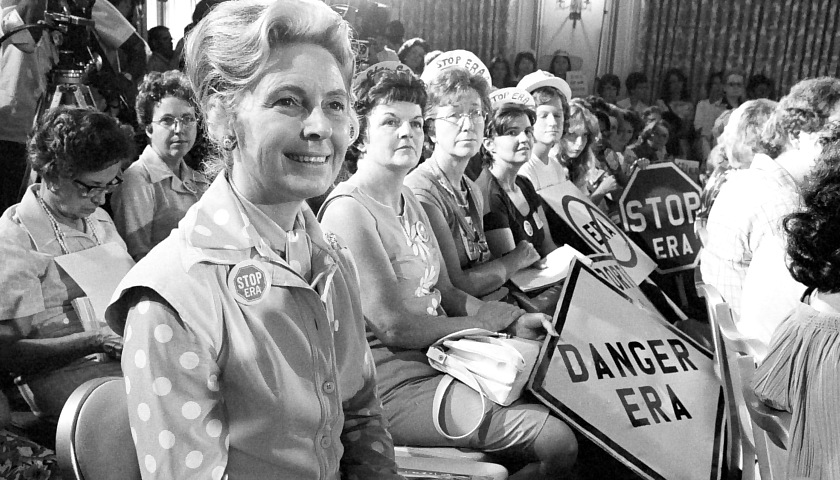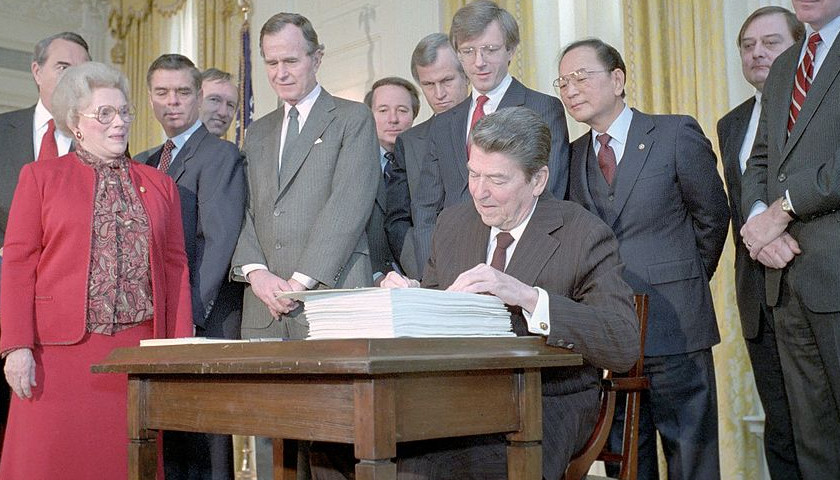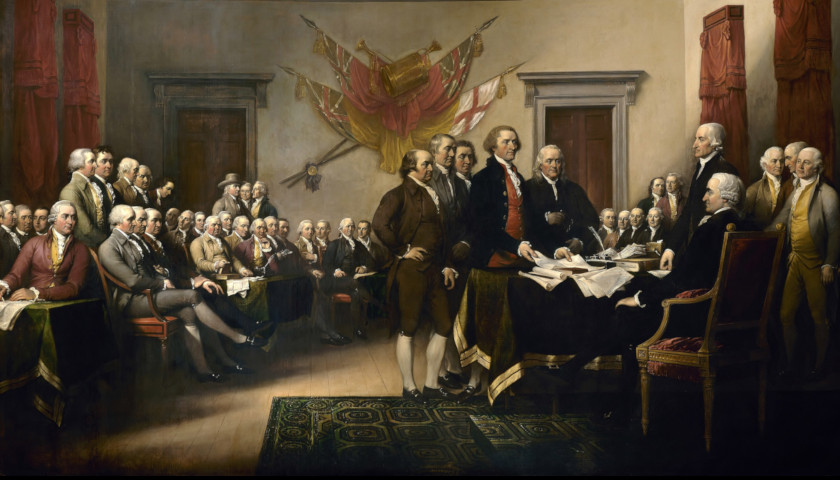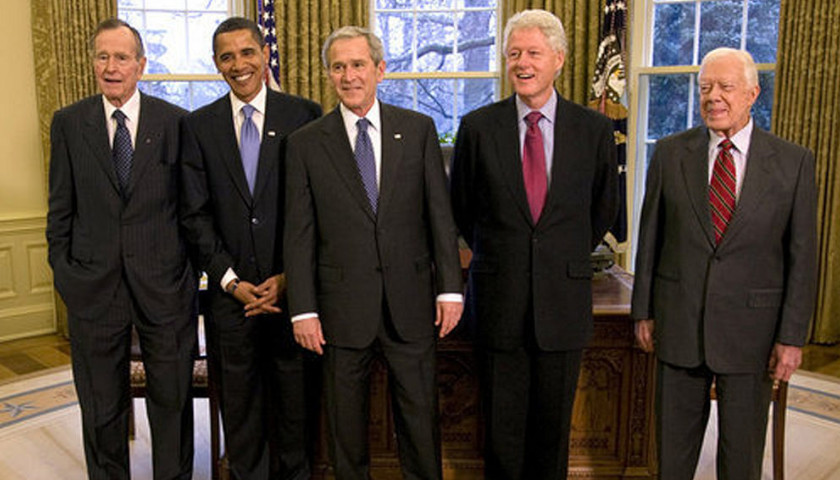This week in 1946, “It’s a Wonderful Life” was screened for the first time at the Globe Theatre in New York City. Audiences weren’t quite sure what to make of the film, even though it starred Jimmy Stewart and Donna Reed and was directed by Frank Capra. Perhaps the economic jeopardy of life in Depression-era small towns was still all too real. Or maybe the specter of sons and husbands returning from the front reminded audiences of how many American fighting men had not come back from Europe or the Pacific.
Stewart, the leading man who portrayed small-town savings-and-loan owner George Bailey in Capra’s movie, was such a charismatic leading man that when studio executive Jack Warner heard in 1965 about Ronald Reagan’s plans to run for governor of California, he quipped, “No, no! Jimmy Stewart for governor. Ronald Reagan for best friend.”
But casting in movies, as in life, can be deceiving. It was something of an in-joke, for instance, to have Jimmy Stewart play the older brother who flunks his Army physical in “It’s a Wonderful Life” and can’t go to war. In real life, Stewart and Frank Capra both enlisted in the military after making “Mr. Smith Goes to Washington” together in 1939. The Italian-born Capra, then in his 40s, produced an evocative series of films for the military called “Why We Fight.” Stewart did his part, too, and then some. After winning Best Actor for his role in 1940’s “The Philadelphia Story,” Stewart had become the most bankable star in Hollywood. Nonetheless, by the time Pearl Harbor was bombed, he was already in uniform, pulling duty at Moffett Field, south of San Francisco, in the Army Air Corps. By the end of World War II, Stewart had flown 20 combat missions in a B-24, become a squadron leader, been awarded a chest full of medals, and risen in rank from corporal to colonel.
Read the full story










